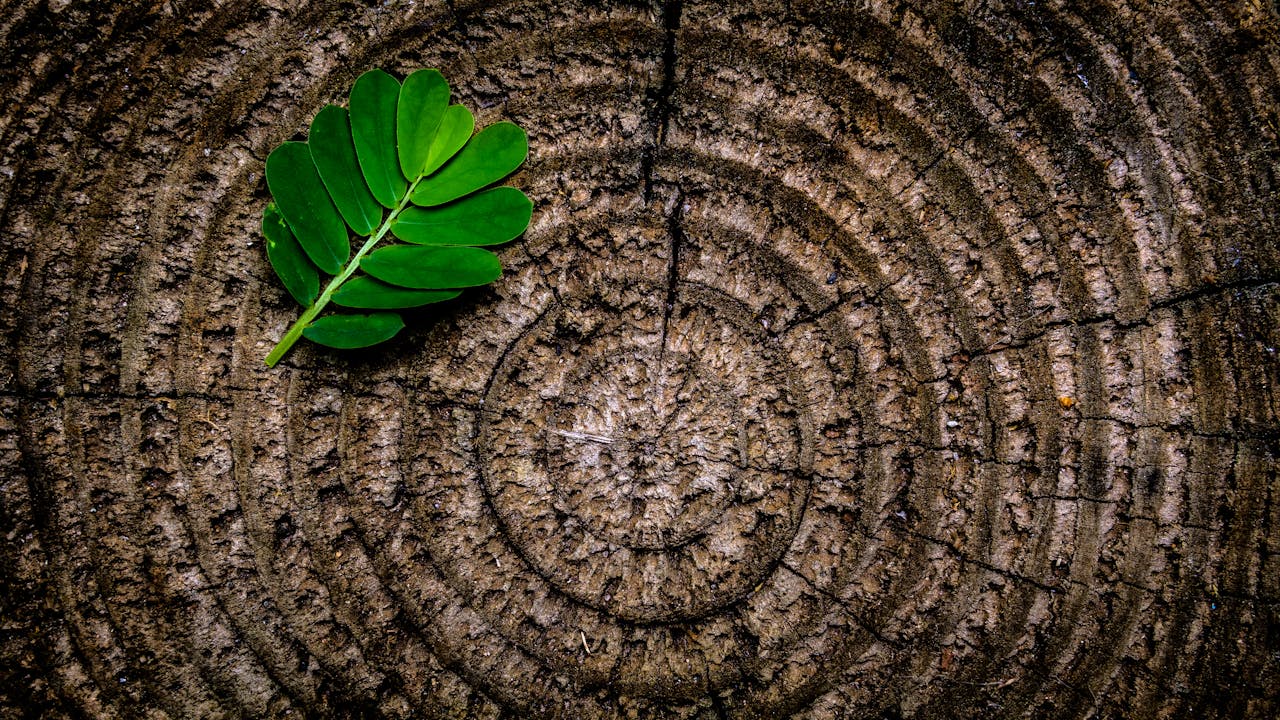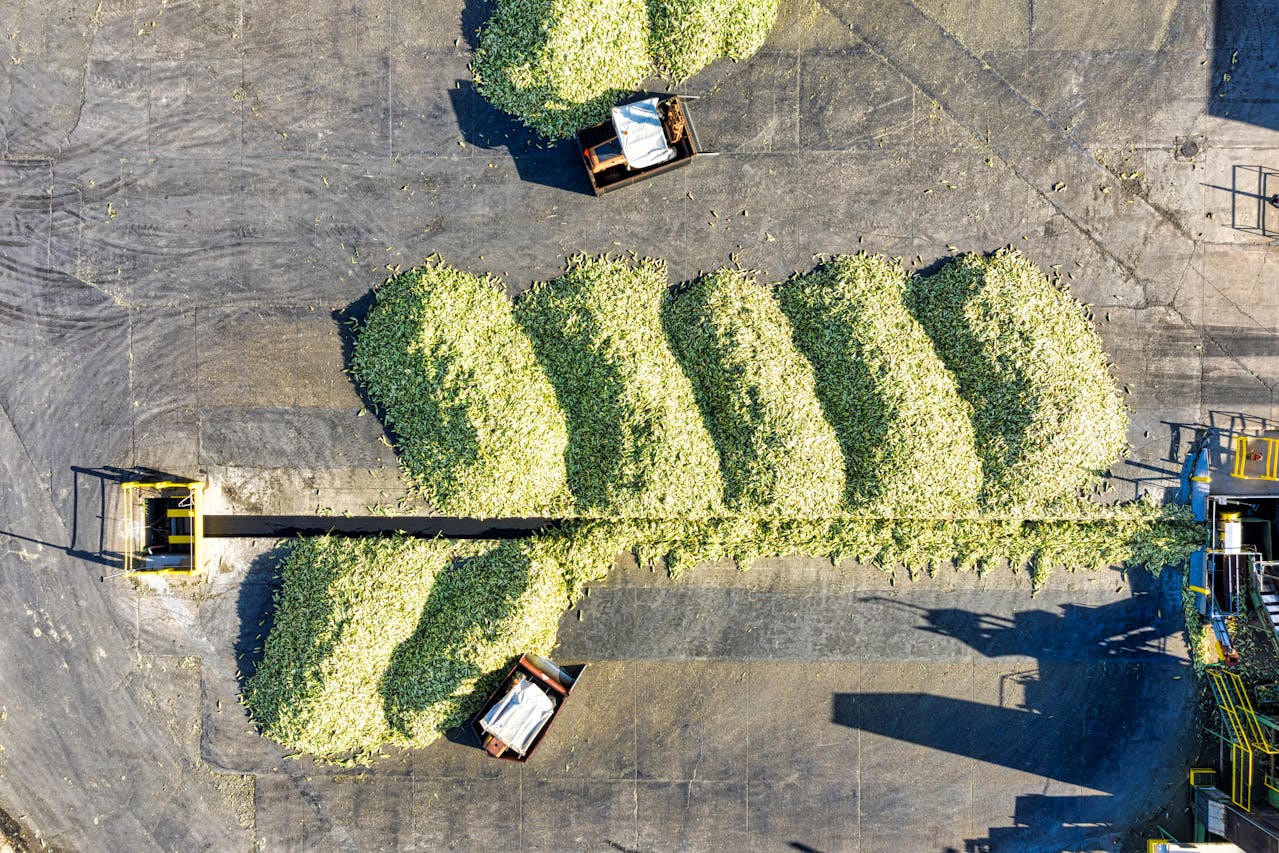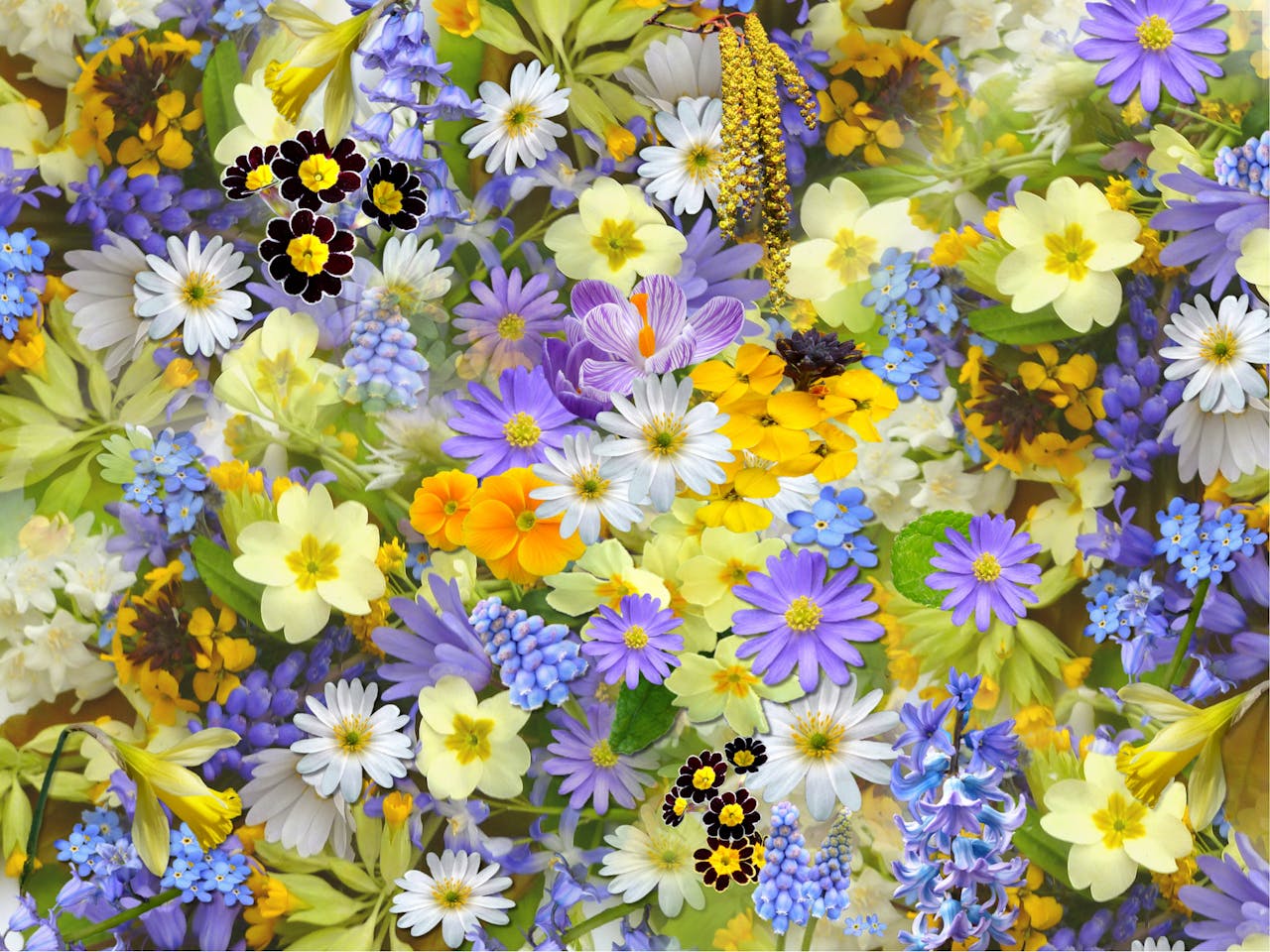Insights
5 Minutes With… Professor Paul Freemont, Head of Structural & Synthetic Biology at Imperial College London
The bioeconomy is poised for significant growth, driven by advancements in distributed biomanufacturing. To ensure its success, researchers at Imperial College London, along with global collaborators, are calling for the urgent development of open, voluntary standards for engineering biology. These…
A is for Algae: a bioeconomy glossary
Bioeconomy jargon can be confusing at the best of times, tripping up even those familiar with the sector. Here we run down what common keywords mean. Algae: Algae is an up-and-coming feedstock in the bioeconomy. Many believe it is a…
The UN takes stock of the global bioeconomy
April 2024 saw two UN releases on the bioeconomy: first, a seminar on urban circular bioeconomies from the UN Food and Agriculture Organisation and second, a UN Environment Agency (UNEP) bioeconomy report on all major biobased sectors. The UN has…
Why does the bioeconomy need circularity?
Replacing petrochemicals with biobased materials can cut the environmental impacts of industry. However, circularity is just as important as renewable materials when it comes to building sustainability into supply chains. Here we explain why. What’s the difference between circular and…
Central and Eastern Europe moves towards a higher-value bioeconomy
Hungary aims to develop the bioeconomy of Central and Eastern Europe (CEE) for its upcoming stint in the EU presidency. We take a look at what Hungary is planning, the CEE bioeconomies to date, and how much potential this region…
Blooming business: the circular flower waste bioeconomy
As flowers burst into life over spring, it becomes tempting to brighten indoor spaces with fresh blooms. Beautiful as they are, however, ornamental flowers come from what is now a highly wasteful and resource-intensive supply chain. Alternative industrial models could…





